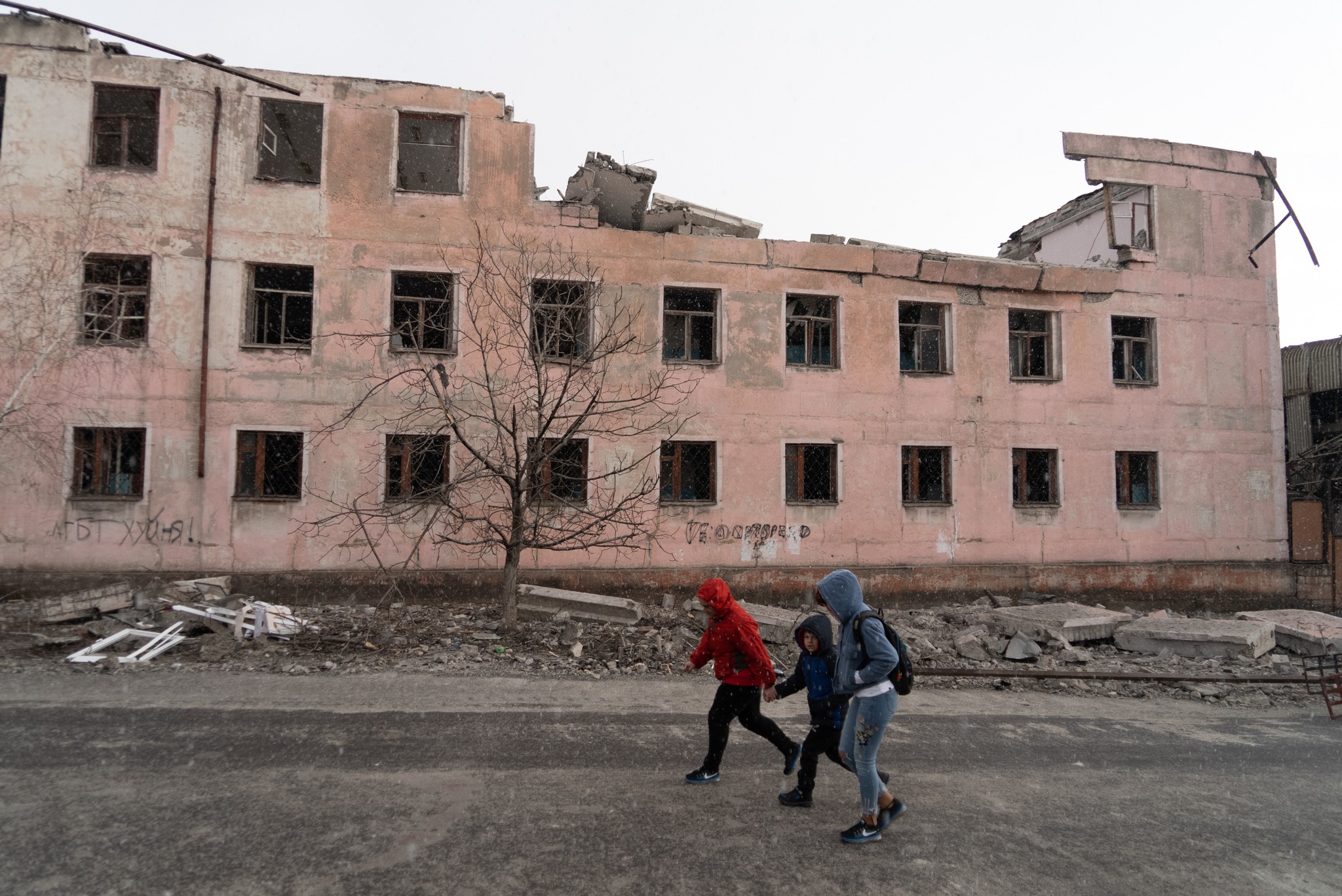The international judicial system took two years to gather the necessary data and evidence in an unusual case against Russia. The accusation is that Russians deliberately used hunger as a tactic during an 85-day siege of a Ukrainian city. The victims were ordinary civilians. The article further discusses the challenges faced by lawyers and whether there is hope of holding the guilty parties accountable.
The report was provided by lawyers from the international organization Global Rights Compliance, who prepared it for the International Criminal Court in The Hague. The main focus of the document is the conclusion about the deliberate hunger provoked in Mariupol during the 85-day siege.
From a legal perspective, the strategy of restricting food and basic utilities is considered a war crime. The problem is that such incidents have not occurred in modern history for a long time, so the judicial system was practically unprepared for this. Therefore, this is a completely new area of international law, and to date, no suspects have been held accountable for it. Ukraine will be the first episode of this level.
Scale of the tragedy
A comprehensive study showed that during the initial stage of the invasion, around 22,000 Ukrainians died. Additionally, residents of Mariupol were left without basic necessities for survival, such as water, heating, and electricity, while the weather at that time dropped to -10 degrees Celsius.
The Russian attack on Mariupol is divided into 4 phases:
- Restriction of water, gas, electricity;
- Attacks on humanitarian missions that could provide assistance in food and basic needs;
- Obstruction and refusal of evacuation.
More than 90% of medical facilities and residential buildings in the city were destroyed. It has been established that the Russian leadership was aware that the price of capturing the city was the lives of a large number of civilian residents of Mariupol, and this tactic was approved by them.


